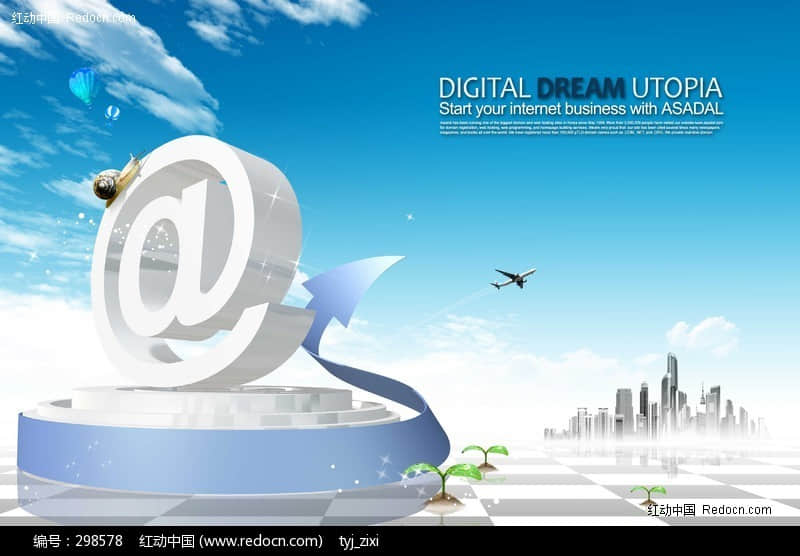Compared with traditional financial activities, online financial activities are facing some new problems in the process of development. From the practice at home and abroad, it mainly includes the following four aspects.
(1) Consumer confidence
The Internet has become an indispensable part of people's life since its development. Many people are willing to search for the information they need on the Internet and send and receive electronic mail. But if we let them pass Website Design Transferring their account information and credit card numbers is another matter. Many consumers still have doubts about the network. In 1999, the Boston Consulting Company of the United States conducted a market survey on customers who did not want to use online banking. The results showed that 80% of consumers did not have enough confidence in the Internet. Other surveys also showed that many consumers had misconceptions about online finance.

(2) Network security From another point of view, consumers' concern about the network is not unreasonable: network security has always been a problem faced by online banks. Financial products and information in electronic form are transformed into binary digital codes on the network. The code of 1 ton of gold is different from that of a stone in length and order, but the elements of the code are both o and l. For those who know the secret of coding technology and can access the confidential database, "turning stone into gold" is easy. If the legal consequences are not considered, the cost of counterfeiting, tampering and copying is extremely low, and it is difficult to distinguish the true from the false. This is indeed a huge temptation for illegal intruders. Only two months after the opening of Security First Network Bank (SFNB), 10000 hackers attempted to invade the bank illegally. In 1999, a Russian math student entered Citibank's computer system through the Internet and illegally transferred millions of funds.
In addition to illegal intrusion, online banks may also face unnecessary disputes and losses caused by errors in financial information transmission, or others' embezzlement of customers' accounts, or work mistakes. Similarly, if you cannot log on to the Internet, or the bank server fails, making emergency transactions impossible, it will also cause losses.
(3) Relevant legal issues
Compared with traditional banks, Internet banking has two outstanding characteristics: one is that it uses electronic means to transmit and store information (including contracts); Second, it blurs the natural boundaries between countries, and its business and customers can reach any corner of the world with the extension of the Internet. In theory, the convenience of foreign customers using banking services is almost the same as that of domestic customers. Since the modern legal system is almost all based on the natural boundaries and the environment of paper contracts, the legal jurisdiction of various countries is mostly based on the principle of territoriality.
(4) Business standards
At present, all countries that provide online banking services are faced with how to select business standards, so that they will not become an "island" in the future because they cannot be compatible with international standards. In most countries, these standards are established and controlled by the banking industry. However, some countries, such as Britain and Switzerland, are jointly controlled by banks and the IT industry.


